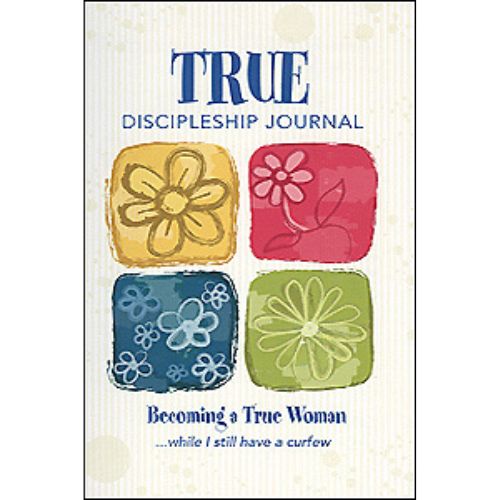Article by Danny Mitchell

From the origin of your calling to work with the next generation to the importance of assisting parents in raising their children, a covenantal understanding of scripture has multiple implications for youth ministry. Let me try to whet your appetite by highlighting just two of the many aspects of this special relationship between God and man that have direct bearing on how we do youth ministry.
First, the covenant is relational. In it the Lord declares that He is our God and we are His people. This statement helps us begin to develop a proper view of both God and man. How many self-absorbed or self-loathing teenagers could use a youth ministry which helps them understand this distinction? Implicit in this relationship is responsibility. For example, we have a missional responsibility to be a blessing to others. This gives a better foundation for why we do those summer mission trips to exotic locations and those service projects in the inner city.
Click here to read entire publication in PDF (Acrobat Reader required)
The second aspect which has direct bearing on youth ministry is that the covenant is about community. Through salvation we are brought into a community that not only shares a common bond in Christ but also shares in joy, pain, and accountability. That one idea of covenant community alone can help us better know how to address the inevitable issue of cliques within our youth groups.
Now, I know that in today’s spiritual climate words like doctrine and theology are often labeled as boring and irrelevant. I know for some the thought of trying to teach a doctrine as deep as the covenant to a room full of junior high boys causes you to break out in a cold sweat. I also fully appreciate that advertising your next retreat as “The Retreat of the Covenant” would be a tough sell to high school students. That being said, what I am suggesting is that we should think theology before programs and work to understand and integrate the covenant implications of our relationship with the Lord into the DNA of all we do in youth ministry. Our challenge is to avoid the temptation of running to and fro looking for the next big thing in youth ministry until we have evaluated our programs based on our covenant relationship with God. Then maybe, just maybe, the next time a pastor calls asking about the theology of youth ministry, I can remember my own advice.
1. For further reading on the subject of the covenants, I recommend the classic The Christ of the Covenants by O. Palmer Robertson. For those who want a good summation of the doctrine, I recommend Making Kingdom Disciples by Charles Dunahoo. See especially chapter 5. For those who want to understand the covenants in relation to teaching it to the next generation, I recommend Heirs of the Covenant by Susan Hunt. For those interested in a primer on Covenant Theology for high school students, new believers, or people investigating the doctrine for the first time I recommend What is Covenant Theology: A Contemporary Explanation of Biblical Covenants by J.H. Varner.


